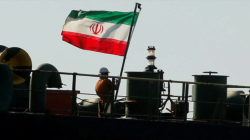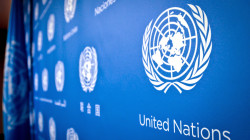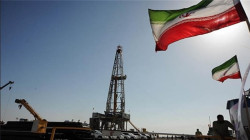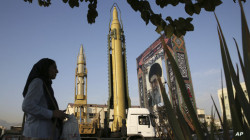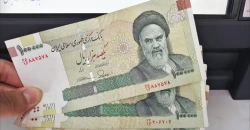US threatens Iran with “Snapback” sanctions
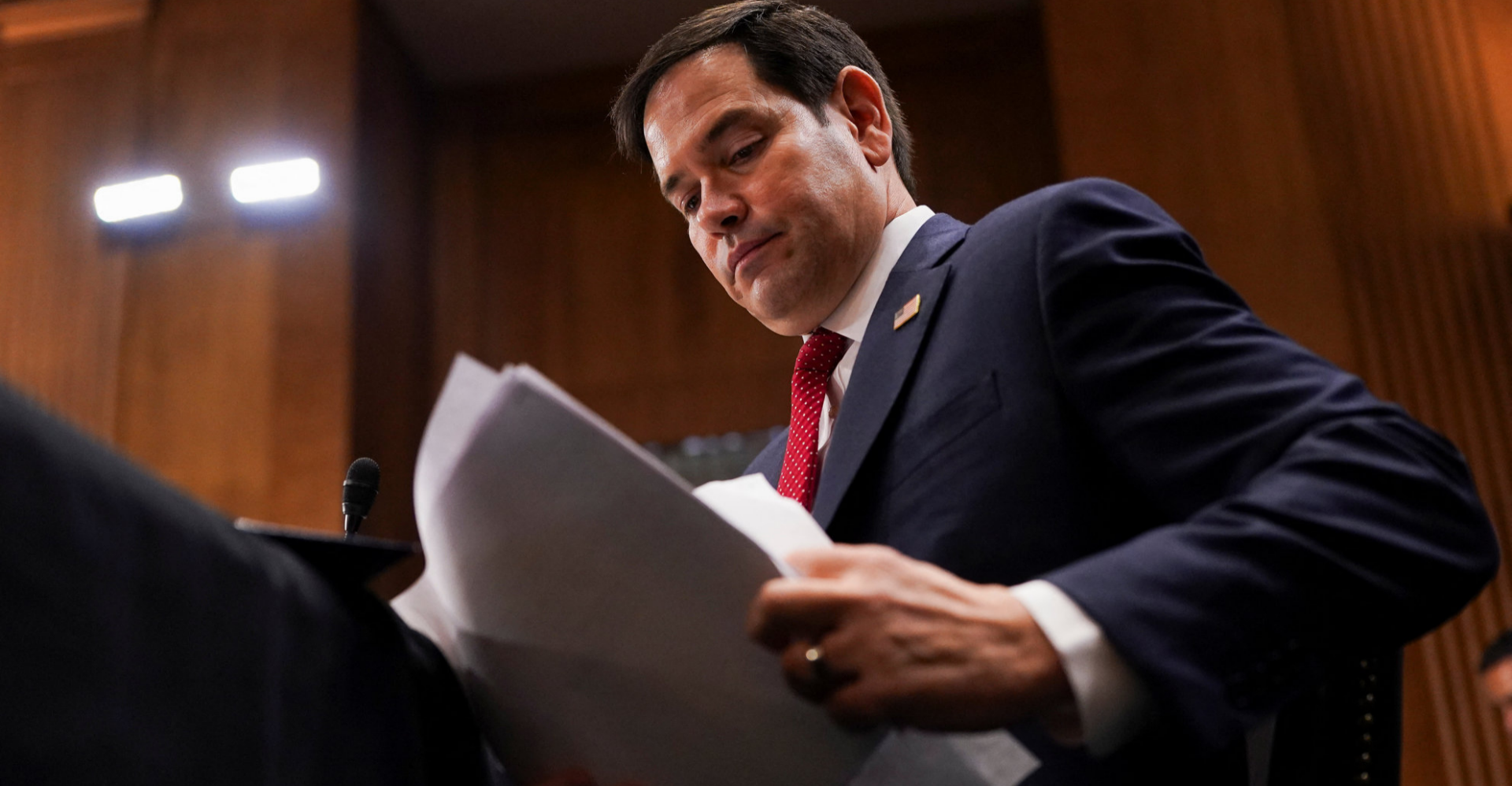
Shafaq News/ The Trump administration has signaled its readiness to activate the "Snapback" mechanism at the United Nations Security Council, aiming to reimpose sanctions on Iran for alleged violations of its nuclear commitments.
Elise Stefanik, nominated as the US ambassador to the United Nations, affirmed her commitment to advancing President Trump’s agenda in international forums.
During a Senate Foreign Relations Committee hearing, Stefanik described Iran as “the most significant threat to global peace,” expressing support for Secretary of State Marco Rubio’s proposal to invoke the “Snapback” mechanism, aiming to reimpose international sanctions on Tehran.
Notably, the “Snapback” mechanism, introduced in the 2015 Iran nuclear deal (JCPOA), was designed to ensure Iran’s compliance with the agreement. It allows any participant state to notify the UN Security Council of a significant breach, triggering a 30-day period for deliberations. If no resolution is adopted or if it is vetoed, the previous UN sanctions are automatically reinstated.
The mechanism, set to expire in October 2025, has been a subject of contention. Supporters argue it serves as a deterrent against violations, while critics highlight its potential for escalating diplomatic tensions.
The US previously invoked the "Snapback" in 2020 after withdrawing from the JCPOA in 2018, sparking debates over its legal standing to do so. The Trump administration had criticized the deal for failing to address Iran’s ballistic missile program and regional influence. Following its withdrawal, the US reinstated sweeping sanctions on Iran’s economy, including its oil and banking sectors, under a “maximum pressure” campaign.
Sanctions on Iran date back to 1979, following the US Embassy hostage crisis, and have since expanded in response to Iran’s designation as "a state sponsor of terrorism" and concerns over its nuclear ambitions.
While the JCPOA initially provided Iran with sanctions relief in exchange for nuclear restrictions, US withdrawal and subsequent sanctions reignited tensions.
